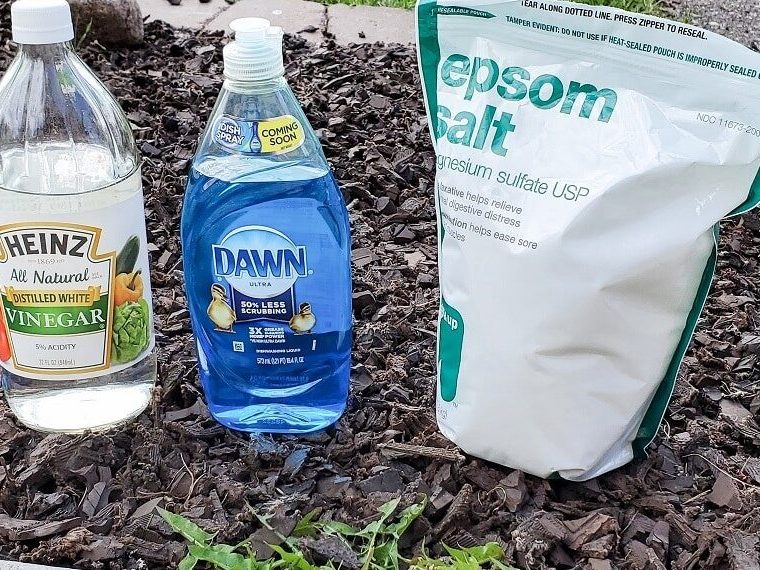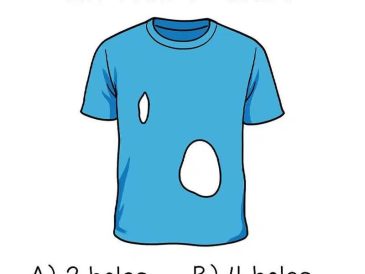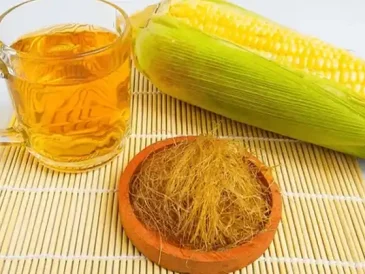Weeds can quickly take over your garden, lawn, or driveway, but using chemical herbicides isn’t always the best solution.
If you’re looking for a more natural, eco-friendly way to kill weeds, vinegar is a great option. Vinegar is affordable, effective, and free of harmful chemicals, making it a popular alternative for weed control.
In this article, we’ll explore how vinegar works as a weed killer, the best ways to use it, and share DIY vinegar weed-killer recipes.
Does Vinegar Really Kill Weeds?
Yes! Vinegar is effective at killing many types of weeds, especially when used correctly. Its high acidity breaks down plant tissues, causing the weeds to dry out and die.
While vinegar works well on annual weeds (like dandelions and crabgrass), it’s less effective on deep-rooted perennials unless used repeatedly.
How Vinegar Works as a Herbicide
The main ingredient in vinegar is acetic acid, which draws moisture out of plant leaves. When sprayed on weeds, vinegar burns the foliage, killing small or young weeds in just a few hours.
However, vinegar doesn’t penetrate deeply into the soil, meaning it may not kill weeds at the root level unless applied multiple times.
Best Types of Vinegar for Killing Weeds
There are different types of vinegar available, and the concentration of acetic acid makes a difference in how effective it is at killing weeds:
- Household Vinegar (5% Acetic Acid):
- Works well on small, young weeds.
- Safe for occasional use around flowers and vegetables.
- Horticultural Vinegar (20-30% Acetic Acid):
- Stronger than household vinegar and more effective on stubborn weeds.
- Should be handled carefully—wear gloves and eye protection.
Best DIY Vinegar Weed-Killer Recipes
Here are some tried-and-tested recipes to kill weeds naturally using vinegar. Use these solutions on sunny, dry days for the best results.
1. Straight Vinegar Weed Killer
This is the simplest way to kill weeds using vinegar.
Ingredients:
- 1 gallon of vinegar (5% or 20% acetic acid, depending on the weed type)
Instructions:
- Pour the vinegar into a spray bottle or garden sprayer.
- Spray directly onto the leaves of the weeds, saturating them thoroughly.
- Apply on a sunny day for maximum effect.
2. Vinegar, Salt, and Dish Soap Solution
This recipe adds salt to increase the drying effect and dish soap to help the vinegar stick to the weeds.
Ingredients:
- 1 gallon of vinegar
- 1 cup of salt
- 1 tablespoon of dish soap
Instructions:
- Pour the vinegar into a spray bottle or garden sprayer.
- Spray directly onto the leaves of the weeds, saturating them thoroughly.
- Apply on a sunny day for maximum effect.
2. Vinegar, Salt, and Dish Soap Solution
This recipe adds salt to increase the drying effect and dish soap to help the vinegar stick to the weeds.
Ingredients:
- 1 gallon of vinegar
- 1 cup of salt
- 1 tablespoon of dish soap
Instructions:
- Mix the vinegar, salt, and dish soap in a spray bottle.
- Shake well to ensure the ingredients combine.
- Spray the mixture on the weeds, focusing on the leaves.
Note: Avoid spraying near plants you want to keep alive, as the salt can contaminate the soil and prevent future growth.
3. Vinegar and Lemon Juice Weed Killer
Lemon juice increases the acidity of the solution, making it even more effective on tough weeds.
Ingredients:
- 1 gallon of vinegar
- 1/2 cup of lemon juice
Instructions:
- Mix the vinegar and lemon juice in a spray bottle.
- Spray the solution directly on the weeds.
- Reapply as needed to ensure the weeds are thoroughly dried out.
Tips for Using Vinegar to Kill Weeds
- Apply on Sunny Days: Vinegar works best in direct sunlight, which helps dry out the weeds faster.
- Target Weeds Only: Use vinegar carefully to avoid spraying desirable plants—it’s a non-selective herbicide.
- Apply Multiple Times: For stubborn or deep-rooted weeds, reapply every few days until the weed is fully eliminated.
- Use Protective Gear: If using horticultural vinegar, wear gloves and goggles to protect your skin and eyes.
- Test in Small Areas: If you’re using vinegar near other plants, do a small test patch first to make sure it won’t damage surrounding foliage.
Does Vinegar Kill Weeds Permanently?
Vinegar is effective at killing small or young weeds, but it may not eliminate perennial weeds with deep roots on the first application.
Repeated use can eventually weaken the roots, preventing regrowth. However, salt in the soil can affect plant growth for an extended period, so avoid using salt-based recipes near areas where you plan to grow other plants.
Pros and Cons of Using Vinegar as a Weed Killer
Pros:
- Eco-friendly alternative to chemical herbicides.
- Safe for use around pets and children (if handled properly).
- Affordable and easy to make at home.
- Works well on small or young weeds.
Cons:
- Non-selective, meaning it can harm other plants if sprayed accidentally.
- May require repeated applications for tough or deep-rooted weeds.
- Salt-based recipes can damage soil, making it unsuitable for future plant growth.
- Less effective in rainy or cloudy conditions.
Conclusion: Is Vinegar the Best Solution for Weed Control?
Vinegar is an excellent natural alternative to chemical herbicides, especially for dealing with small or annual weeds.
While it may not work as effectively on deep-rooted perennials, repeated applications can help control most weed problems.
Whether you use straight vinegar or combine it with salt and dish soap, this eco-friendly method will help keep your garden neat and healthy without harming the environment.
Give these vinegar weed-killer recipes a try, and enjoy a chemical-free way to manage weeds in your garden!





